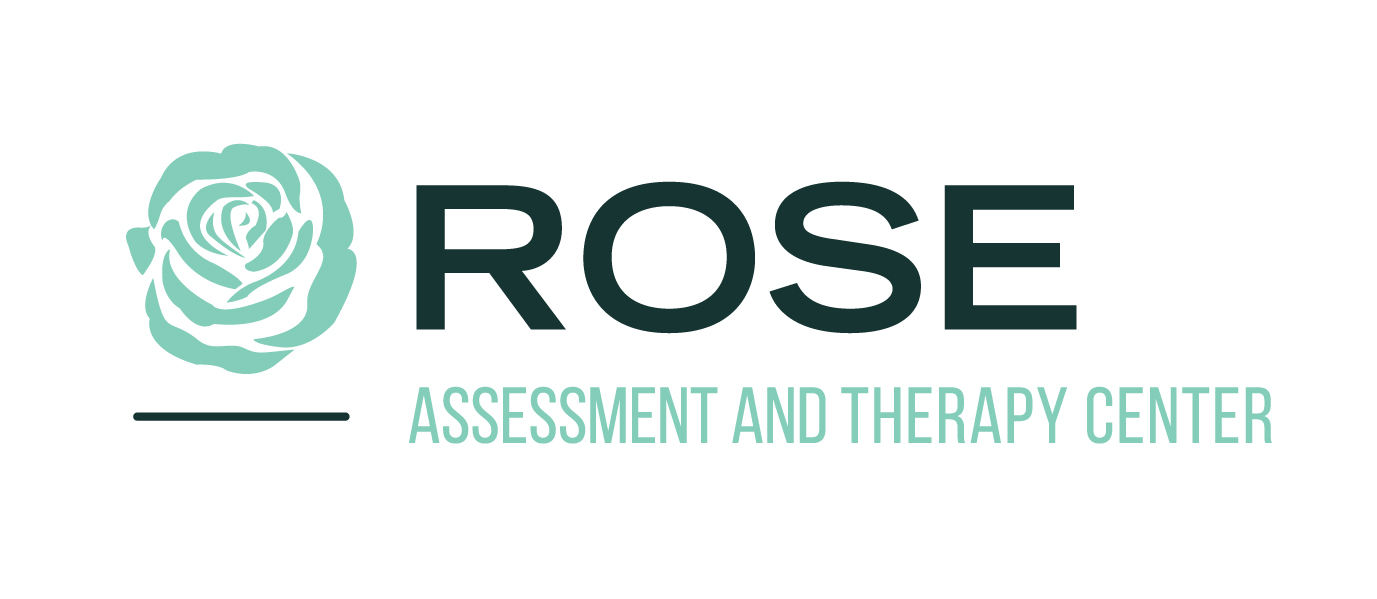Neuropsychological Evaluation
Licensed clinical psychologists are expertly trained to administer assessments and tests and interpret the results.
Neuropsychological assessment has at its core the goal of identifying individual cognitive strengths and weaknesses. A good neuropsychological assessment tailors the evaluation to the child’s needs as well as being comprehensive. Thus, not all children will be administered the same measures. It is designed to provide parents, educators, and medical personnel not only with what the child knows, but how the child thinks and arrives at solutions. Children can have difficulty for many different reasons and a neuropsychological evaluation provides a window into understanding what is problematic, what is a strength, and also treatment recommendations. The main areas that are evaluated in a neuropsychological assessment include the following:
cognitive functioning
academic achievement
attention
executive functions
learning and memory
language
visual-spatial skills
adaptive behavior
behavior and emotional abilities
social skills
Psychological Evaluation
A psychological evaluation can include numerous components such as norm-referenced psychological tests, informal tests and surveys, interview information, school or medical records, medical evaluation and observational data. A psychologist determines what information to use based on the specific questions being asked. This is a formal way of making accurate conceptualizations and formal diagnoses.
Attentional Evaluation
There is no "one test" to diagnosis ADHD. Rather, a diagnosis is often made as part of a neuropsychological evaluation. This is the most objective and ethical method for diagnosing Attention Deficit Hyperactivity Disorder (ADHD).
Gifted and Talented Evaluation
Testing provides an objective and systematic way for identifying gifted children. This evaluation includes a formal measure of cognitive (intellectual) functioning. In additional to intellect, a variety of of characteristics are considered to identify gifted children (creative, artistic, leadership, and specific academic fields) which often require more than one test to identify.

